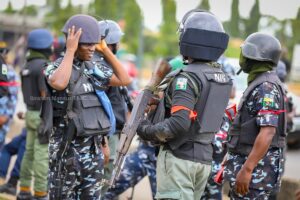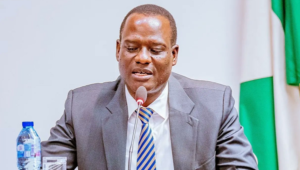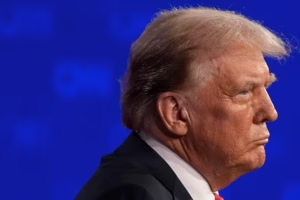The Minister of Information and National Orientation, Mohammed Idris, revealed that diplomatic channels are proving effective towards rapprochement in the tense relationship between the government of the United States and Nigeria.
Idris, speaking in an interview with the UK-based Sky News programme, The World With Yalda Hakim, yesterday night, said, “Channels of communication have been opened, I can confirm that; we are talking to them, and I think they are understanding the situation better. We believe that most of the information is a result of a lack of a proper understanding of the diversity and complexity of the problem we have at hand.”
He also spoke of a direct connection between a proscribed separatist element and US lobby groups aimed at misinforming US authorities. “Let me also put it out there that we are seeing a direct connection between (US) lobbyists and (a) proscribed terrorist organization in Nigeria, and we have seen how they have set up this lobby in the US, contacting high-up people in the United States to help them to lobby.”
The Minister affirmed that the United States government has always supported Nigeria in the fight against terror, saying, this time around, Nigeria is still in need of collaboration to stamp out terrorism.
“What we are saying is that, yes, indeed, the situation is there, we have conflict in Nigeria, we have a security situation in Nigeria, but in the past the United States government has helped Nigerian authorities to deal with this situation; so we are calling on them to partner with us once again, to help push this, and then we have peace once and for all in our country,” said Idris.
Nigeria, he explained, is surprised by some of the numbers coming from the United States and the stance of the United States on the issue, and that the international community must understand the peculiarities of the Nigerian situation: “We want to tell the world that this is not the case, and to appeal to them, (that) we share the concern of people from our country, and we also share the concern of the international community, including the United States, about some of these killings going on. But what we want at this point is an understanding of the diversity and the complexity of the situation.”
Idris also called to question the veracity of the data being widely used in supporting the claim of religious intolerance in Nigeria, saying the data cannot stand scientific scrutiny. “Some of the assumptions are based on data that largely cannot stand any scientific scrutiny.”
He also maintained that the Nigerian constitution enshrines religious freedom and that the country remains a multi-faith nation, despite the conflict, which he said was not based on religious persecution.





